What Are Uv Filters Good For ?
UV filters are commonly used in photography to block ultraviolet (UV) light from entering the camera lens. They are primarily used to reduce the effects of UV radiation, which can cause hazy and washed-out images, especially in outdoor settings. UV filters help to improve image clarity, contrast, and color saturation by eliminating the unwanted UV light. Additionally, these filters provide an extra layer of protection for the camera lens, shielding it from scratches, dust, and moisture. UV filters are particularly useful in high-altitude and coastal environments where UV radiation is more intense. However, it is important to note that the effectiveness of UV filters in digital photography is a subject of debate, as modern camera sensors are already equipped with UV-blocking capabilities.
1、 Protection against harmful UV radiation for eyes and skin.
UV filters are essential for protecting our eyes and skin from the harmful effects of UV radiation. UV radiation is a type of electromagnetic radiation emitted by the sun, and it is divided into three categories: UVA, UVB, and UVC. While UVC radiation is mostly absorbed by the Earth's atmosphere, UVA and UVB radiation can still reach us and cause damage.
UV filters, commonly found in sunglasses and sunscreen, work by blocking or absorbing UV radiation. They act as a barrier between our eyes and skin and the harmful rays, reducing the risk of various health issues.
One of the primary benefits of UV filters is the protection they provide against skin cancer. Prolonged exposure to UV radiation can lead to the development of skin cancer, including melanoma, the most dangerous form of skin cancer. By wearing sunscreen with a high SPF and UV-blocking sunglasses, we can significantly reduce our risk of developing skin cancer.
UV filters also play a crucial role in preventing eye damage. Overexposure to UV radiation can cause various eye conditions, such as cataracts, macular degeneration, and photokeratitis (sunburn of the cornea). Wearing sunglasses with UV protection helps shield our eyes from these harmful effects and reduces the risk of long-term eye damage.
Moreover, recent studies have suggested that UV filters may have additional benefits beyond sun protection. Some research indicates that UV filters in sunscreen may help prevent premature skin aging caused by UV radiation. Additionally, certain types of UV filters have been found to have antioxidant properties, which can further protect the skin from damage caused by free radicals.
In conclusion, UV filters are crucial for protecting our eyes and skin from the harmful effects of UV radiation. They provide a barrier against UV rays, reducing the risk of skin cancer and eye damage. As research continues, we may discover even more benefits of UV filters in terms of skin health and protection.
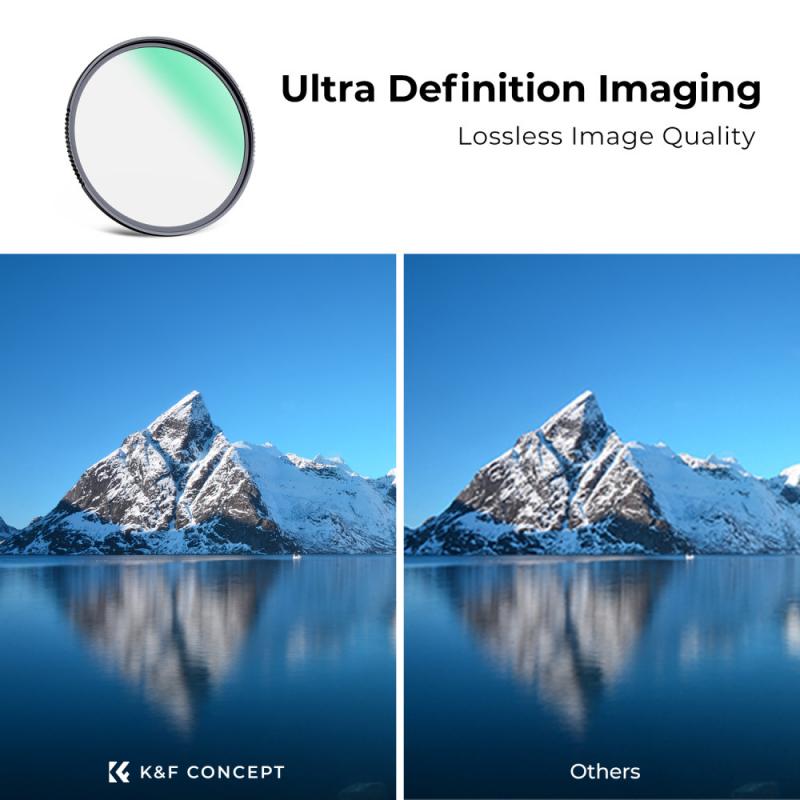
2、 Preventing fading and damage to photographs and artwork.
UV filters are an essential tool for photographers and art enthusiasts alike. These filters are primarily designed to prevent fading and damage to photographs and artwork caused by ultraviolet (UV) light. UV light is present in natural sunlight and can cause significant harm to delicate prints, paintings, and other forms of artwork over time.
UV filters work by blocking out the harmful UV rays while allowing visible light to pass through. This helps to preserve the original colors and details of photographs and artwork, ensuring their longevity. By reducing the amount of UV light that reaches the surface of the artwork, fading and discoloration can be minimized, preserving the piece's original beauty.
In addition to preventing fading, UV filters also offer protection against potential damage caused by UV radiation. UV light can cause chemical reactions in certain materials, leading to deterioration and degradation. By using a UV filter, these harmful effects can be minimized, prolonging the lifespan of the artwork.
Moreover, UV filters can also enhance the overall clarity and sharpness of photographs. They act as a barrier against unwanted haze and atmospheric conditions that can affect image quality. By reducing the amount of UV light that enters the camera lens, images can appear crisper and more vibrant.
It is important to note that while UV filters are beneficial, they should be of high quality to avoid any negative impact on image quality. Some argue that modern camera lenses already have built-in UV protection, making external filters unnecessary. However, others believe that an additional layer of protection can still be beneficial, especially when shooting in harsh sunlight or in environments with high levels of UV radiation.
In conclusion, UV filters are good for preventing fading and damage to photographs and artwork. They offer protection against harmful UV rays, preserve colors and details, and can enhance image quality. While opinions may vary on their necessity, using a high-quality UV filter can provide an added layer of protection and peace of mind for photographers and art enthusiasts.
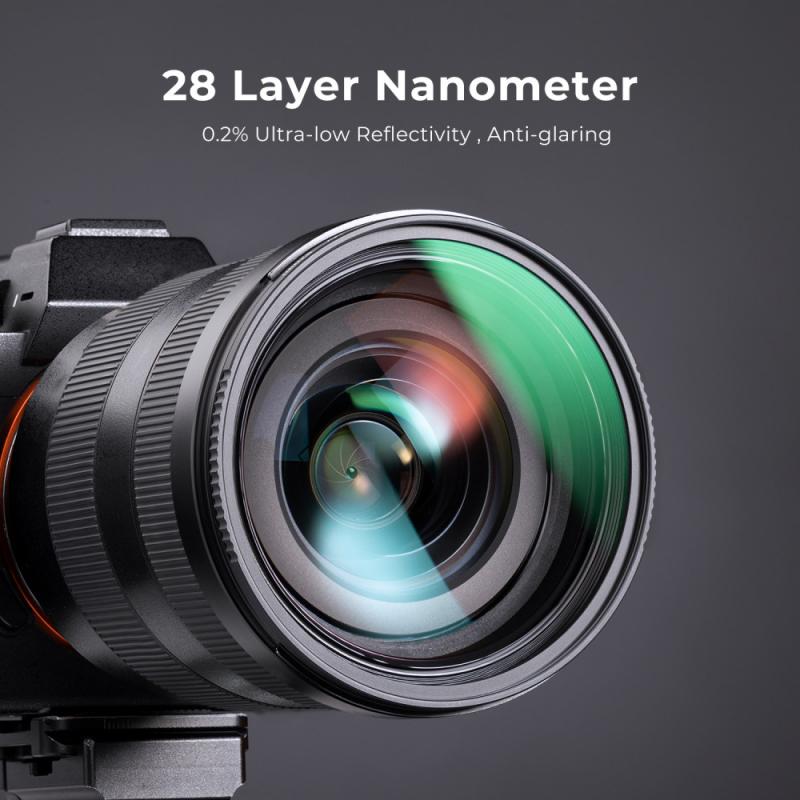
3、 Enhancing image clarity and reducing haze in photography.
UV filters are commonly used in photography to enhance image clarity and reduce haze caused by ultraviolet light. These filters are transparent and do not affect the color balance of the image. They primarily serve as a protective layer for the camera lens, shielding it from scratches, dust, and moisture. However, their benefits extend beyond mere protection.
UV filters are particularly useful when shooting in high-altitude areas or near bodies of water, where the concentration of ultraviolet light is higher. Ultraviolet light can cause a bluish cast and reduce image sharpness, resulting in a loss of detail and contrast. By blocking out this unwanted UV light, the filter helps to produce sharper, more vibrant images with improved clarity.
Moreover, UV filters can also be beneficial in digital photography. While modern digital cameras have built-in UV filters, adding an additional filter can provide an extra layer of protection for the lens. Additionally, some photographers argue that UV filters can help reduce the occurrence of lens flare and ghosting, especially when shooting in bright sunlight or against strong light sources.
However, it is important to note that UV filters may not be necessary in all situations. Some photographers believe that using an additional filter can introduce unwanted reflections and reduce image quality. Additionally, the use of UV filters may not be as crucial in digital photography as it was in film photography, as digital sensors are less sensitive to ultraviolet light.
In conclusion, UV filters are primarily used to enhance image clarity and reduce haze caused by ultraviolet light. While they provide a protective layer for the camera lens, their benefits extend to improving image quality by reducing bluish casts, enhancing sharpness, and increasing contrast. However, the necessity of UV filters may vary depending on the specific shooting conditions and the preferences of the photographer.
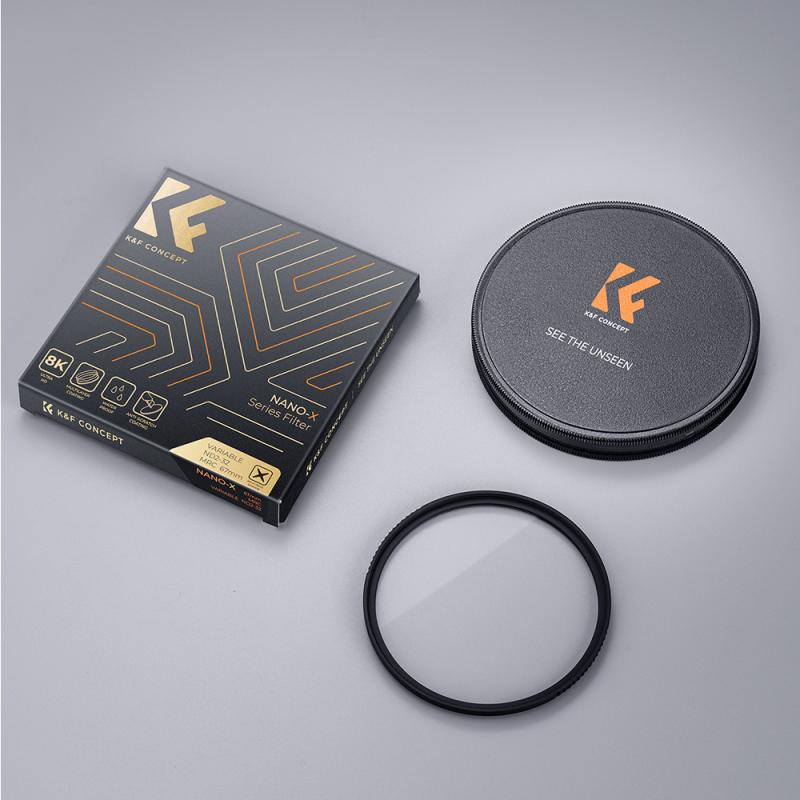
4、 Reducing glare and reflections on shiny surfaces.
UV filters are commonly used in photography to reduce the amount of ultraviolet (UV) light that reaches the camera's image sensor. However, their benefits extend beyond just UV light reduction. One of the primary advantages of UV filters is their ability to reduce glare and reflections on shiny surfaces.
Glare and reflections can be a major issue when photographing subjects with reflective surfaces such as water, glass, or metal. These surfaces tend to bounce back light, resulting in unwanted reflections that can obscure details and reduce image clarity. By using a UV filter, photographers can minimize these reflections and capture clearer, more vibrant images.
UV filters work by blocking UV light, which is invisible to the human eye but can cause a bluish cast in photographs. By reducing the amount of UV light that enters the camera, the filter helps to maintain accurate color reproduction and improve overall image quality. Additionally, UV filters can also provide an extra layer of protection for the camera lens, shielding it from dust, moisture, and scratches.
It is worth noting that the necessity of UV filters has been a topic of debate among photographers in recent years. With advancements in lens coatings and digital sensors, some argue that the impact of UV light on image quality is minimal and that the use of UV filters is unnecessary. However, others still find value in using UV filters for their protective properties and the reduction of glare and reflections.
Ultimately, the decision to use a UV filter depends on personal preference and shooting conditions. While they may not be essential in every situation, UV filters can still be a valuable tool for photographers looking to enhance image quality and protect their equipment.
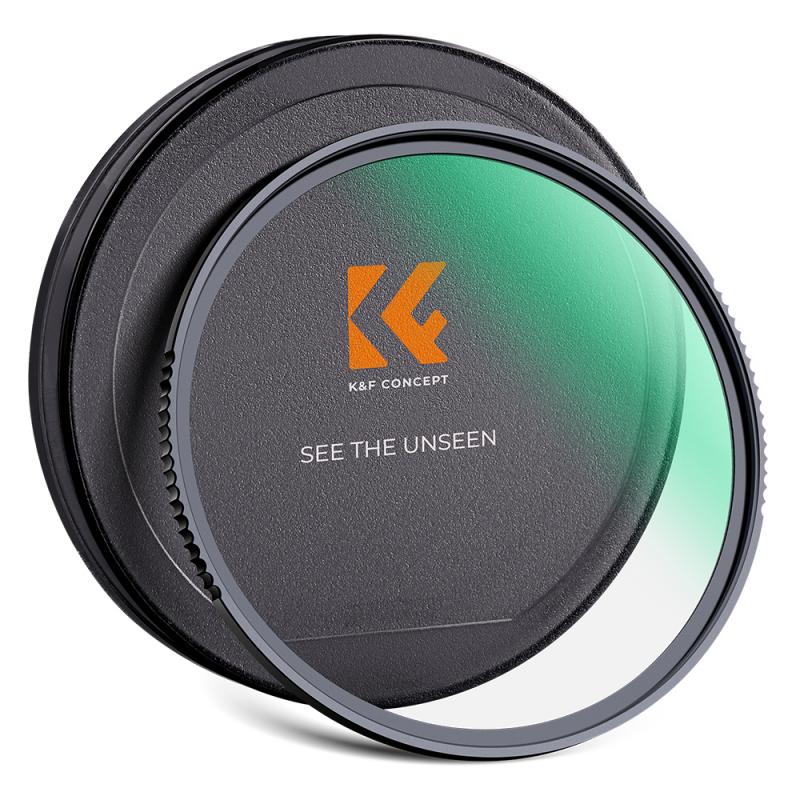

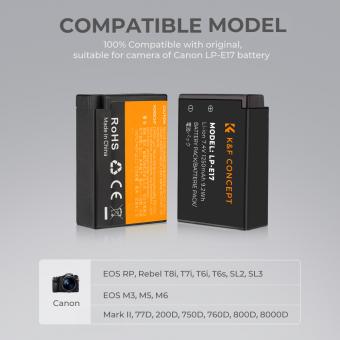

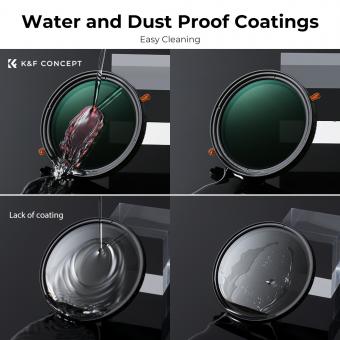

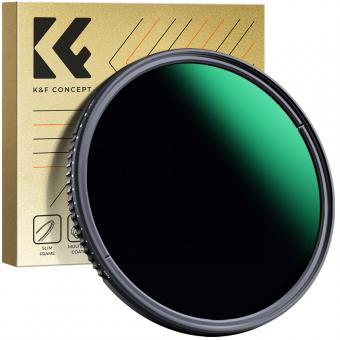

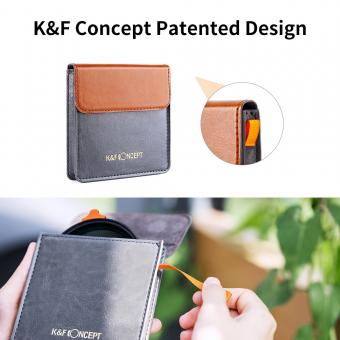
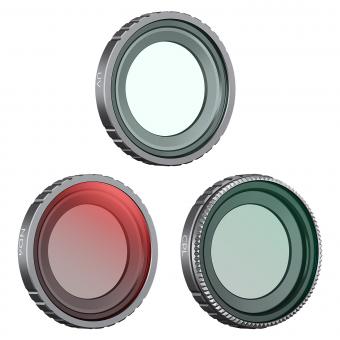
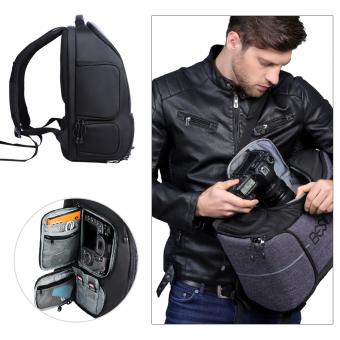
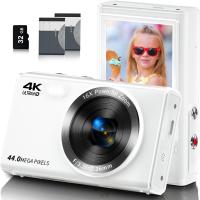
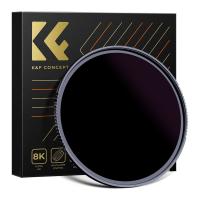
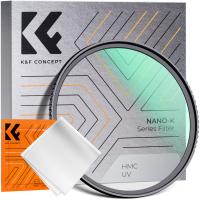
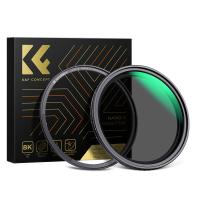
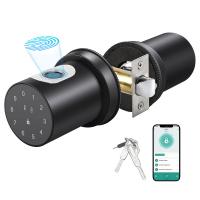
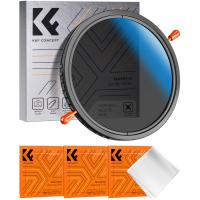
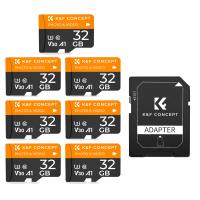
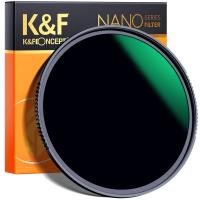
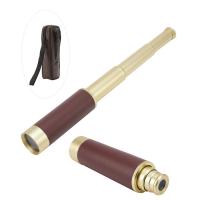
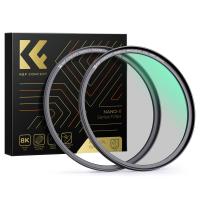

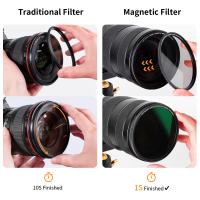





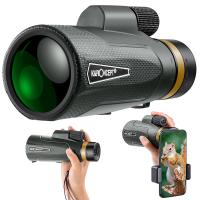
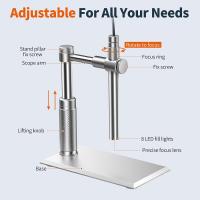
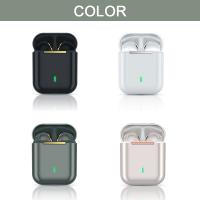
There are no comments for this blog.